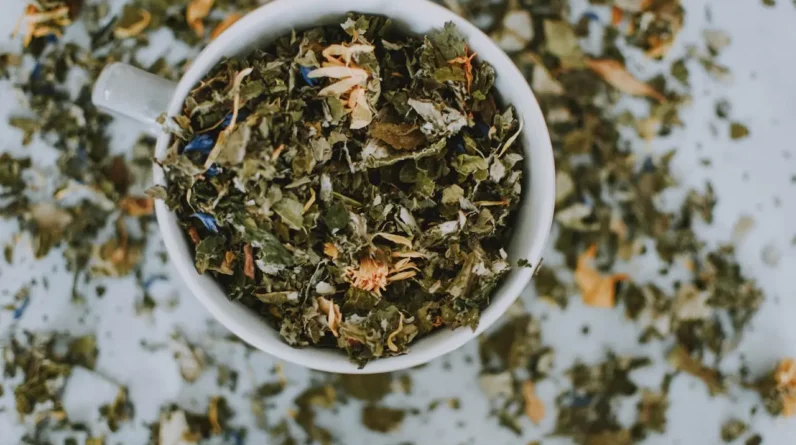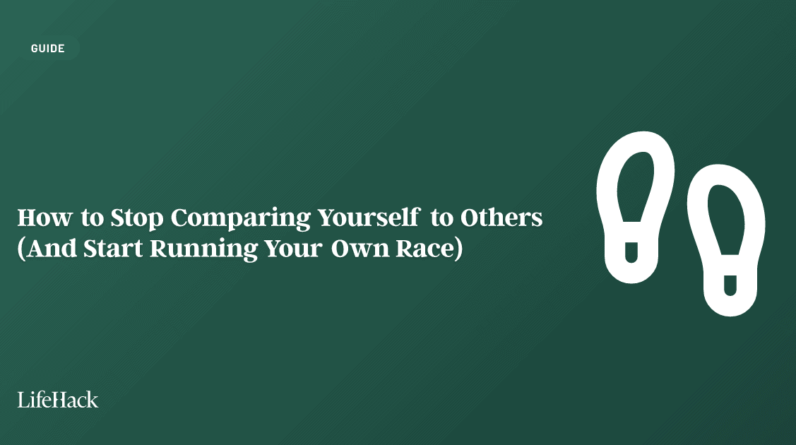
In our fast-paced world, stress is like that unwelcome guest who just won’t leave.
Work deadlines, endless emails, family demands—it’s a lot, and for most of us, stress is almost as constant as gravity. You might already know the go-to advice—exercise more, get good sleep, breathe deeply—but maybe you’ve heard whispers about natural remedies, too.
Herbs, teas, and supplements might seem a bit unconventional, yet they’re gaining attention for their potential to help us unwind, naturally.
So, do they actually work?
Let’s explore some of the most popular natural stress remedies and what the science (and tradition) says about them.
(As always, a quick disclaimer: natural doesn’t mean risk-free. Talk with your doctor before adding any of these herbs or practices to your routine, especially if you’re taking other medications.)
What Stress Does to Our Bodies
Before diving into remedies, it helps to understand stress itself.
Stress isn’t just a feeling—it’s a physical reaction. When you’re stressed, your body releases cortisol, the “stress hormone.” This is great if you’re running from a lion but not so ideal when you’re simply juggling emails.
Chronic stress keeps cortisol levels high, which can lead to fatigue, anxiety, insomnia, and even health problems like high blood pressure.
And while stress might seem “normal,” finding ways to manage it isn’t just nice—it’s essential for long-term well-being.
5 Popular Natural Stress Remedies
Let’s dig into some of the top herbal and natural options for stress relief. These remedies come with histories in traditional medicine, as well as some newer research that backs up their calming claims.
Ashwagandha: The Ancient “Stress Buffer”
What It Is: Ashwagandha is a revered adaptogen—essentially, a natural substance thought to help the body adapt to stress. This herb comes from Ayurvedic medicine, with roots going back thousands of years in India.
How It Works: Adaptogens like ashwagandha are thought to “buffer” stress, helping to normalize cortisol levels. A 2019 study found that ashwagandha lowered cortisol levels in their test group over time by 23%. This may lead to better mood and a calmer mind.
Safety Tips: Generally safe, but people with thyroid issues should check with their doctor. Large doses can also cause drowsiness.
Related Reading: Check out this article from WebMD on ashwagandha’s benefits to learn more.
Chamomile: The Soothing Superstar
What It Is: This daisy-like flower isn’t just for bedtime tea. Known for its gentle sedative properties, chamomile has been used as a stress remedy since the days of ancient Egypt.
How It Works: Chamomile’s mild calming effect is largely due to an antioxidant called apigenin, which binds to receptors in your brain to help reduce anxiety. Research shows that chamomile may help ease mild anxiety and promote better sleep quality, especially when used consistently.
Safety Tips: Chamomile is generally safe but can cause allergic reactions, particularly if you’re sensitive to plants like ragweed.
Lavender: Nature’s Aromatherapy
What It Is: Lavender is a fragrant herb famous in the aromatherapy world. Lavender essential oil, in particular, is believed to have calming effects on the nervous system.
How It Works: Studies suggest that lavender can reduce anxiety, improve mood, and even help you sleep better. Its soothing scent can activate the brain’s relaxation response, making it a popular option for stress relief.
Safety Tips: Essential oils should be diluted before applying to the skin. Avoid use around pets and young children, as lavender can be overpowering for them.
Related Reading: Explore more about lavender’s calming effects here.
Valerian Root: The “Sleep Herb”
What It Is: Valerian is an herb often used to treat insomnia and mild anxiety. It’s sometimes called “nature’s Valium” due to its sedative properties.
How It Works: Valerian increases levels of a neurotransmitter called GABA, which has a calming effect on the brain. Many people use it as a gentle sleep aid, and studies back its ability to improve sleep quality and reduce anxiety.
Safety Tips: Valerian can cause drowsiness, so avoid taking it before activities requiring focus (like driving). It’s also not recommended for long-term use without consulting a doctor.
Rhodiola Rosea: The Resilience Booster
What It Is: Rhodiola Rosea, often simply called Rhodiola, is a flowering plant native to the cold regions of Europe and Asia. It’s known as an adaptogen, which means it helps the body manage and adapt to stress. Used in traditional medicine for centuries, Rhodiola has gained popularity for enhancing both physical and mental resilience.
How It Works: Rhodiola is believed to influence the balance of neurotransmitters in the brain, such as serotonin and dopamine, which play a big role in mood regulation and stress response.
Research indicates that Rhodiola can help reduce fatigue and improve mood, especially during times of physical or mental stress. Some studies suggest it might improve cognitive function, too, making it a great herb for those feeling overwhelmed or burned out.
Safety Tips: Rhodiola is generally safe when used in moderation, but it can cause mild side effects like dizziness or dry mouth. It’s best to avoid taking it late in the day, as it may interfere with sleep for some people. As always, consult a healthcare provider if you’re considering Rhodiola, particularly if you’re taking medications for mood or energy.
Non-Herbal, Natural Ways to Relieve Stress
Herbs can be great, but sometimes the best remedies don’t come in a bottle. Here are a couple of other natural ways to manage stress:
Mindfulness and Meditation
Practicing mindfulness—where you focus on the present moment—has become a popular (and powerful) method for stress management. Studies show that regular meditation can significantly reduce anxiety and stress.
You don’t need hours to meditate; even five minutes can make a difference. Apps like Headspace or Calm offer great starting points for beginners.
Physical Activity and Breathwork
Exercise is one of the best ways to manage stress, but we’re not talking about intense gym workouts here.
Gentle exercise, like walking in nature or practicing yoga, releases endorphins (the “feel-good” hormones) and reduces cortisol. Deep breathing techniques, like box breathing (inhale for 4, hold for 4, exhale for 4), can also activate the body’s relaxation response, helping to calm both mind and body.
Using Natural Remedies Safely
When it comes to natural remedies, “natural” doesn’t always mean “safe.”
Here are a few tips to help you enjoy these stress-relievers without the risk:
- Start Small: Begin with a low dose to see how your body responds.
- Quality Matters: Look for high-quality, organic herbs to avoid pesticides and fillers.
- Know Your Health History: If you’re on medications or have any health conditions, talk to a healthcare professional before trying new herbs.
The goal with these remedies isn’t to replace conventional treatments but to complement them. When used safely, they can be a gentle and effective way to support mental and physical well-being.
Natural Stress Remedies: Finding What Works for You
Ultimately, the best approach to managing stress is the one that works for you.
Maybe that means sipping chamomile tea in the evening, adding lavender oil to your bath, or simply taking five minutes a day to breathe deeply and clear your mind. Natural remedies offer a gentle, holistic path to wellness, and if used correctly, they can become a wonderful part of your stress-relief toolkit.
So, whether you decide to brew a calming tea, light a lavender candle, or step outside for a walk, remember that small steps add up.
(Remember, always check with your healthcare provider before trying any new remedy.)
Photo by lil artsy







